BEIRUT, Lebanon, Jan 9, (V7N)– Lebanese lawmakers are poised to elect a new president Thursday after more than two years of political paralysis that has exacerbated the country’s dire financial crisis.
Army chief Joseph Aoun, 60, is widely viewed as the leading candidate, with his potential presidency seen as pivotal in stabilizing Lebanon and enforcing a fragile ceasefire in the south following last year’s destructive war with Israel.
The country has been without a president since October 2022, when Michel Aoun’s term ended. Despite 12 previous attempts, parliament failed to break the impasse between pro- and anti-Hezbollah factions. However, the Shiite group Hezbollah has been significantly weakened after its leader, Hassan Nasrallah, was killed in the war with Israel, while its Syrian ally, Bashar al-Assad, was ousted by rebels last month.
Aoun's election could mark a turning point for Lebanon, which remains crippled by a financial meltdown that has plunged much of the population into poverty since 2019.
High Stakes Vote
The 13th electoral session, scheduled to begin at 11:00 a.m. local time (0900 GMT), comes amid intensified international efforts to resolve Lebanon’s political deadlock. French envoy Jean-Yves Le Drian is set to attend the vote, while U.S. and Saudi diplomats have applied mounting pressure on lawmakers to support a consensus candidate.
Caretaker Prime Minister Najib Mikati expressed optimism, saying, "For the first time since the presidency became vacant, I am pleased that God willing, tomorrow we will have a president."
Aoun, a Maronite Christian as required by Lebanon’s confessional power-sharing system, needs two-thirds of parliament’s 128 votes in the first round. If he falls short, a second round with a simple majority threshold of 65 votes could decide the outcome.
However, Aoun's candidacy requires a constitutional amendment, as the current law prohibits individuals who held high office in the past two years from ascending to the presidency.
If elected, Aoun would become Lebanon’s fifth army chief to assume the presidency, inheriting a nation facing overwhelming challenges. These include rebuilding war-torn neighborhoods, managing the truce along the southern border with Israel, and implementing structural reforms critical to unlocking billions in international financial aid.
The World Bank estimates that last year’s Hezbollah-Israel war caused over $5 billion in economic losses, further compounding Lebanon’s crisis. With unemployment skyrocketing and basic services collapsing, international donors have tied financial assistance to the formation of a capable government willing to pursue reforms.
While Aoun’s military leadership is seen as an asset in maintaining stability, analysts warn that his presidency must quickly pivot to tackling the systemic corruption and inefficiency that have plagued Lebanon’s governance for decades.
Lebanon’s political elite has historically settled on consensus candidates after lengthy delays, but the urgency of the current crises makes Thursday’s vote a potential turning point for the beleaguered nation.
Aoun’s presidency could also signal a recalibration of Lebanon’s regional alliances. Both the U.S. and Saudi Arabia appear to back his candidacy, reflecting a broader effort to curb Hezbollah’s influence and stabilize the eastern Mediterranean.
For now, the international community and the Lebanese public await the outcome of Thursday’s vote, hopeful that it may finally set the stage for recovery in a country long plagued by conflict and dysfunction.
END/WD/RH/



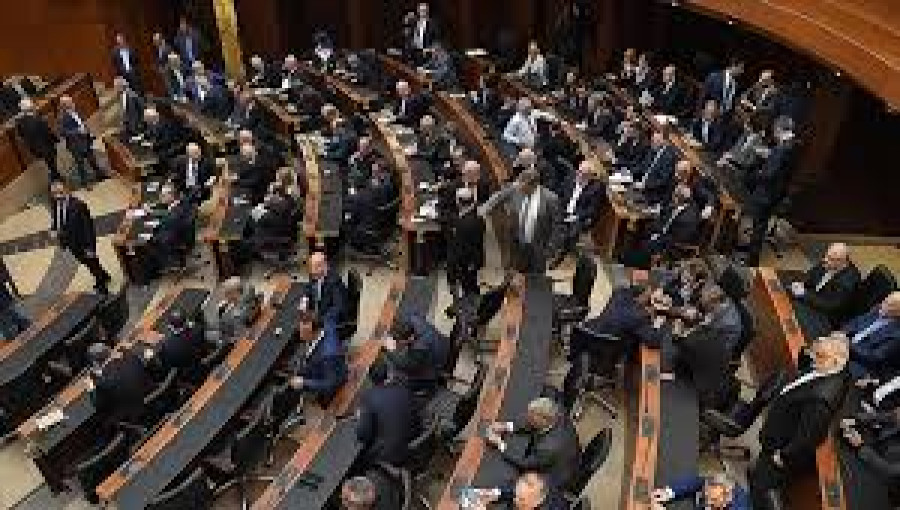
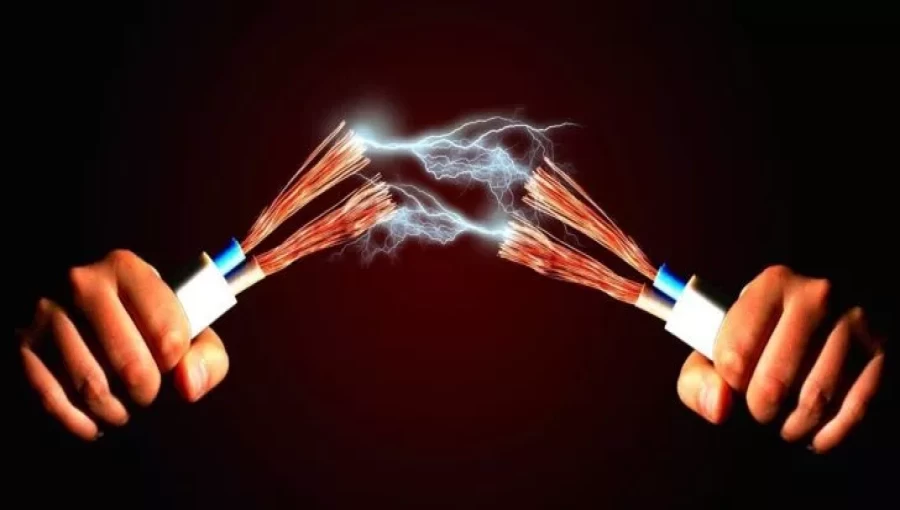
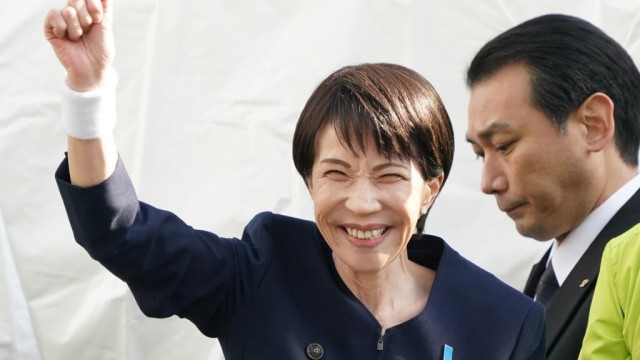


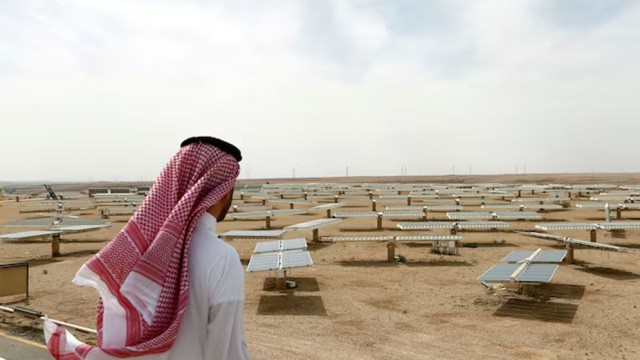

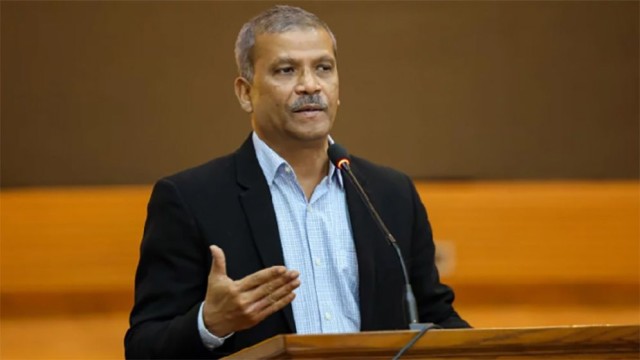
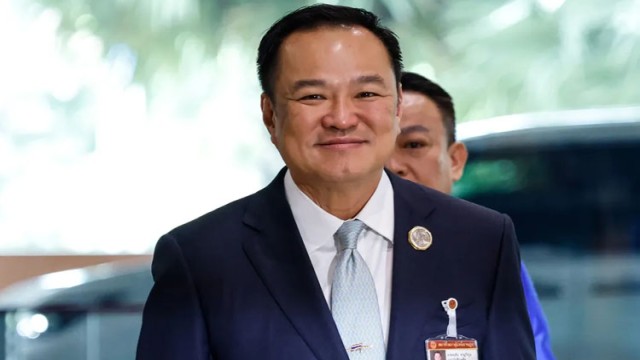
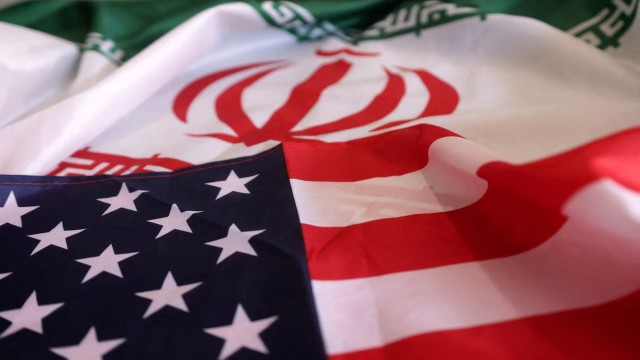

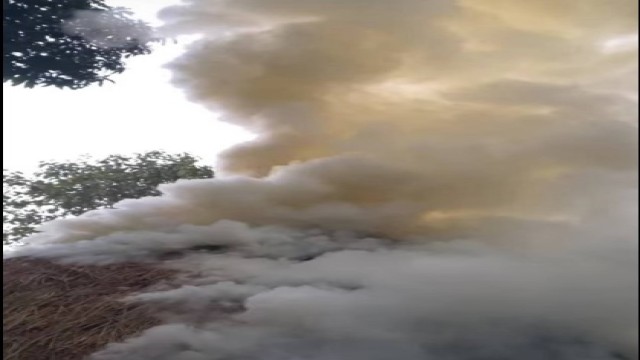
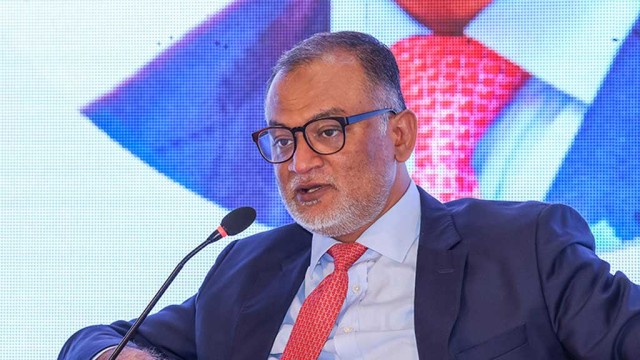












Comment: